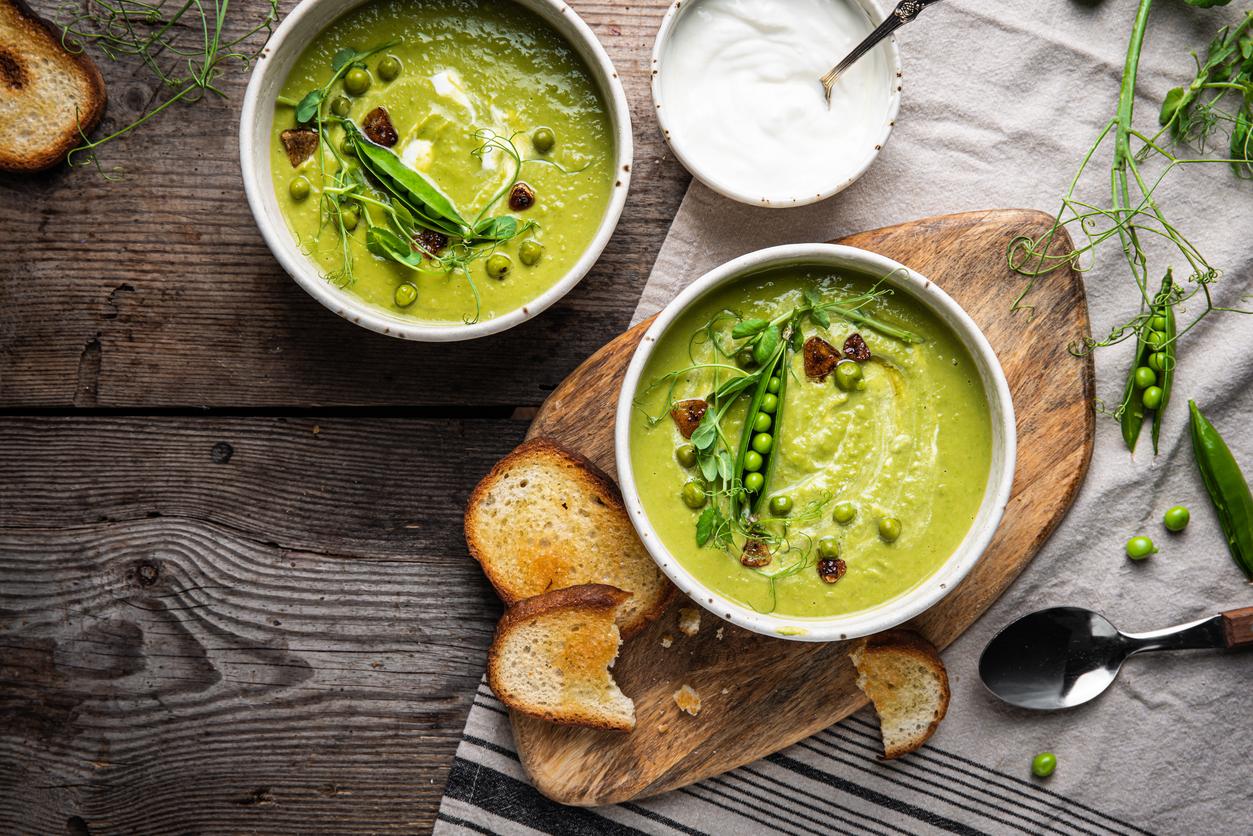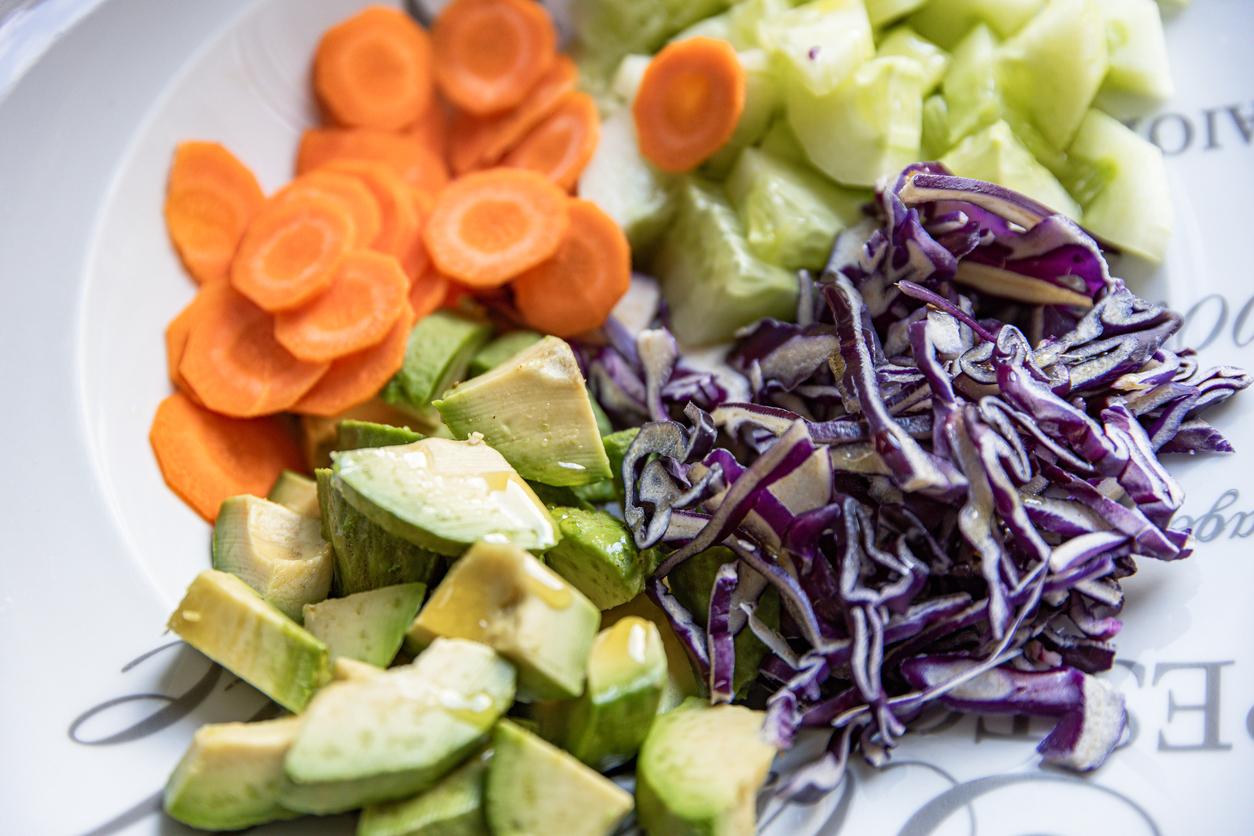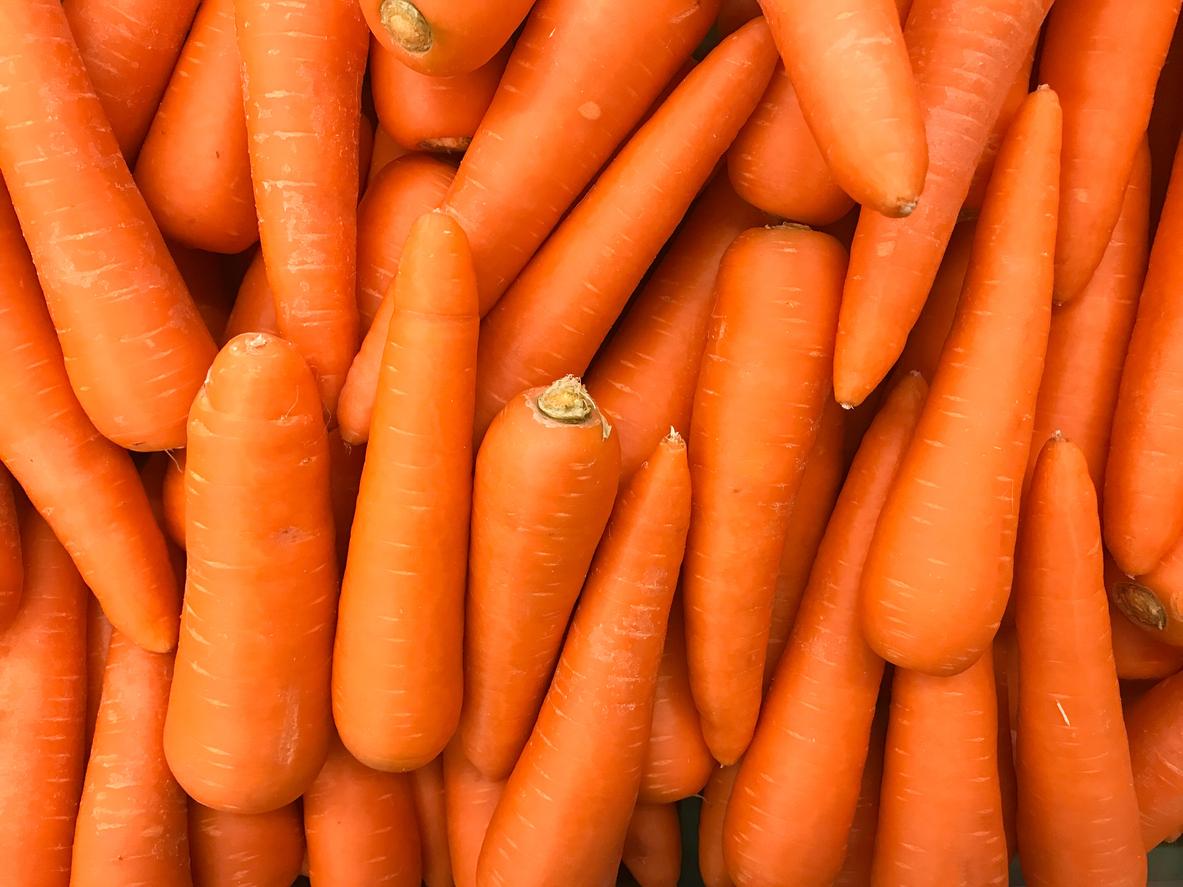Luteoline, an antioxidant present in many vegetables, could play a crucial role in preserving hair color, according to a team of researchers.

- A study reveals that luteoline, an antioxidant present in certain vegetables, could slow the graying of hair. Tested on genetically programmed mice to gray, it has preserved their pigmentation.
- Its targeted action does not affect hair growth. Already available in the form of supplements, it could be integrated into hair care to delay gray hair.
- Researchers also explore the potential of luteoline against other signs of aging, such as baldness.
The graying of hair is often perceived as an inevitable sign of aging, but is it really fatality? A new study, conducted by a team of researchers from the University of Nagoya in Japan, suggests that a natural antioxidant present in vegetables could slow down this biological process. Luteoline, a compound of the Flavonoid family that we find celery, broccoli, carrots, onions or peppers, seems to play a key role in preserving hair color.
A direct impact on hair pigmentation
As part of their work, published in the journal Antioxidantsscientists have tested the anti-graying effect of three antioxidants-luteoline, Hesperidine and Diosmetine-on genetically programmed mice so that their graying hairs. Among these compounds, only luteoline has shown a significant effect: treated rodents have kept their black coat, while their unrealized congeners saw their fur turning gray. “This effect was observed as well with an external administration and the internal of Luteoline”specifies a press release.
The “anti-graying” efficiency of luteoline would be closely linked to its influence on endothelines, proteins essential to cellular communication. The study has shown that luteoline preserves the expression of endothelins and their receiver, now the activity of melanocytes, cells responsible for hair pigmentation, which prevents graying. Note that, unlike other substances, its action seems to target only pigmentation without affecting growth or hair loss.
Towards an application in humans?
“This makes Luteoline a promising candidate to fight against the graying of age linked to age”assure the researchers. The similarities between the graying of mice and that of humans also offer encouraging perspectives. In addition, luteoline is already available in the form of food supplements and skin products, which could facilitate its integration into hair care intended to delay the appearance of gray hair.
In the future, scientists even plan to study its effects on other signs of aging, including baldness. This discovery therefore opens the way to new approaches to preserve the youth of hair and, why not, slow down aging in general.

















